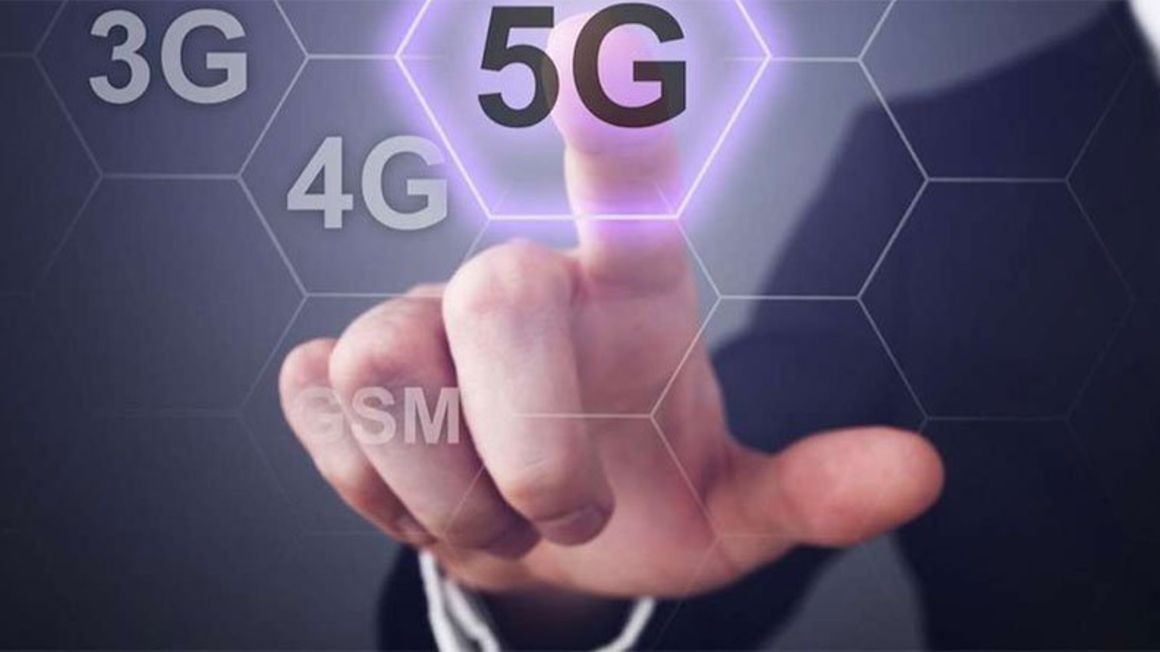Kenya’s largest telecommunication operator, Safaricom, recently suspended deployment of its highly anticipated new fifth-generation (5G) mobile network. The action somewhat derailed the pace the country has set over the years in Africa’s technology sector that has earned it the title ‘Africa’s Silicon Savanna’.
The news came as a surprise to many given that the company has already completed testing and trials of the new network’s high-speed mobile connections.
Had it been implemented as planned, the project was poised to propel the country as the second in Africa to successfully roll out the 5G network, only after South Africa.
The suspension of the 5G roll-out could slow down uptake of the much anticipated fourth industrial revolution (4IR), such as artificial intelligence, cloud computing, robotics, 3D printing, the Internet of Things (IoT), and advanced wireless technologies.
Kenya is top in Africa in terms of artificial intelligence (AI) readiness, according to International Development Research Center (IDRC) and Oxford Insights that ranks the county first on the continent and 52nd globally, higher than South Africa and Nigeria — the continent’s two leading economic superpowers.
This highlights the country’s stride in preparing for the adoption of the new revolutionary technology compared to its regional peers.
Kenya is also ranked as having the highest number of tech hubs in Sub-Sahara Africa and second only to South Africa, according to Global Systems for Mobile Communication Association (GSMA) intelligence report.
Safaricom, the home to M-Pesa, the world’s first mobile money transfer, has been at the forefront of technology innovations and uptakes in Kenya, Africa and the world.
However, if the current 5G suspension is anything to go by, Kenya risks being overtaken by other aggressive technology up takers such as Nigeria, Egypt, and Morocco.
While commissioning rain — South Africa’s data only mobile network in Cape Town in July 2O2O — Huawei said the 5G adoption will enable the industries’ digital transformation in the future, such as smart healthcare, smart ports, smart mining and smart manufacturing in South Africa.
“Standalone 5G will further improve 5G network performance with increased uplink rate, lower latency, and improved reliability, ushering in high-end cloud VR and cloud gaming services, more diversified enterprise and home broadband services,” said rain chief marketing officer Khaya Dlanga.GSMA mobile economy report indicates that in 2019, 4G became the dominant mobile technology across the world with over four billion connections, accounting for 52 percent of total connections — excluding licensed cellular IoT.The study says although 5G adoption […]
